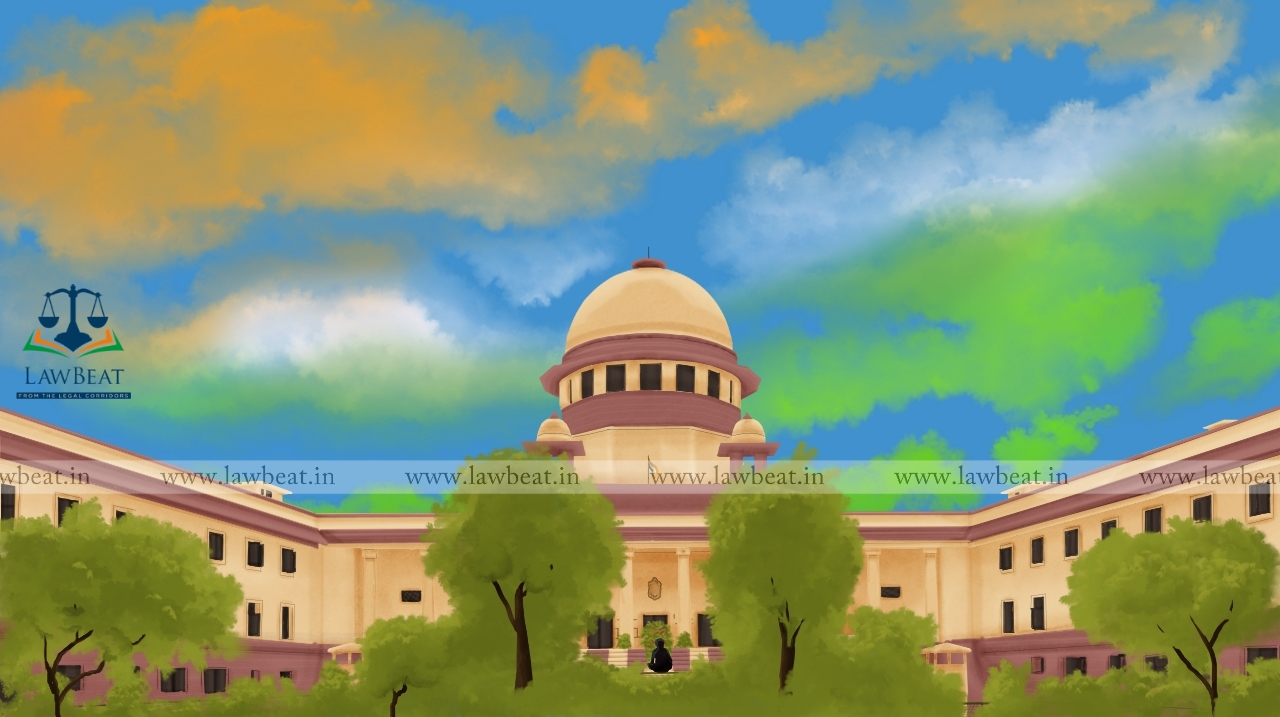Section 311 CrPC Strengthens The arms Of A Court In Its Effort To Unearth Truth By Procedure Sanctioned In Law: Supreme Court

The Top Court in its judgment dated March 4, 2021, observed that the powers of Court under Section 311 CrPC is of wide amplitude and must be exercised judiciously, to meet the ends of justice. Moreover, High Court must provide reasons for reversal of a well-reasoned order of the Trial Court, made in exercise of its powers under the Code, the bench has noted.
A Division Bench of Justice Indu Malhotra and Justice Ajay Rastogi, while setting aside the impugned judgment of the High Court on the ground that no reasons for such action was accorded by the Bench, remarked, “We find that the Learned Judge of the High Court has not adverted to the factual matrix noticed by the Learned Trial Judge in its Order dated 3rd September, 2016 and taking note of the submissions made by the contesting parties summarily, without assigning any reasons, albeit brief it may be, set aside the judgment of the Ld. Trial Judge.”
With respect to the wide powers vested with the Magistrate under Section 311 CrPC, the bench added,
“…although the application was filed by the Additional Special Public Prosecutor under Section 173(5) read with Section 311 CrPC but it was open for the Trial Judge as well to exercise suo motu powers in summoning the witnesses whose statements ought to be recorded to subserve the cause of justice, with the object of getting the evidence in aid of a just decision and to uphold the truth.”
Section 311 CrPC provides for Summoning of witnesses. It says, “Any Court may, at any stage of any inquiry, trial or other proceeding under this Code, summon any person as a witness, or examine any person in attendance, though not summoned as a witness, or recall and re-examine any person already examined; and the Court shall summon and examine or recall and re-examine any such person if his evidence appears to it to be essential to the just decision of the case.”
The Bench observed, “Object underlying Section 311 CrPC is that there may not be failure of justice on account of mistake of either party in bringing valuable evidence on record or leaving ambiguity in the statements of the witnesses examined from either side. The determinative factor is whether it is essential to the just decision of the case. The significant expression that occurs is ‘at any stage of enquiry or trial or other proceeding under this Code’. It is however, to be borne in mind that the discretionary power conferred under Section 311 CrPC has to be exercised judiciously, as it is always said wider the power, greater is the necessity of caution while exercise of judicious discretion.”
Respondent 1 to 3 were facing criminal trial under Sections 498A, 304-B, 302 read with Sections 34 IPC and Sections 4 and 6 of the Dowry Prohibition Act, 1961 due to the death of wife of Respondent 1 in unnatural circumstances.
During pendency of the trial, an application was filed by the Special Public Prosecutor under Section 173(5) read with Section 311 CrPC, 1973, for summoning the witness along with securing relevant records to meet the ends of justice.
Additional Sessions Judge, Bengaluru, after detailed discussion and taking note of the scope of Section 311 CrPC allowed the application by its order dated September 3, 2016, observing further that no hardship or prejudice would be caused to the respondents, since the said witnesses and documents, will be subjected to cross-examination as per the provisions of CrPC.
The order came to be challenged before the High Court under Section 482 CrPC.
High Court Judge after recording submissions made by the parties, without assigning any reasons as such, set aside the judgment of the Trial Court dated September 3, 2016.
Aggrieved by the order of the High Court dated January 11, 2017, the appellant-complainant approached the Top Court by way of Special leave.
Case Title: VN Patil v. K. Niranjan | CRIMINAL APPEAL NO. 267 of 2021
